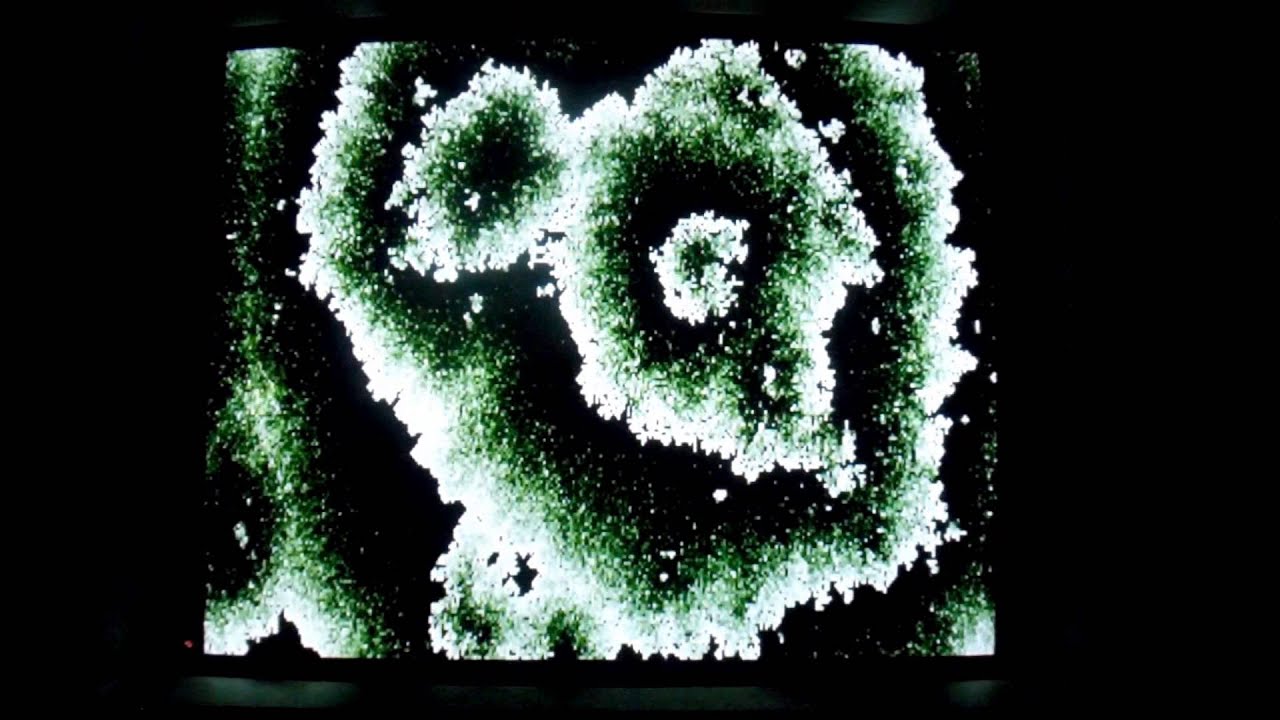








School
for
Poetic
Computation

Web scraping is the process of automatically downloading and manipulating web content. It's a common practice in silicon valley, where companies large and small transform open html pages into commodified datasets. As an alternative, "Scrapism" is the practice of web scraping for artistic, emotional, and critical ends. By combining aspects of data journalism, conceptual art, and hoarding, it offers a methodology to make sense of a world in which everything we do is mediated by internet companies. These companies surveil us, exploit and financialize our experiences, and attempt to vacuum up every trace we leave behind. But in turn they also leave their own traces online, traces which when collected, filtered, and sorted can reveal or even intervene in power relations. In this class participants will learn how to scrape massive quantities of material from the web with Python, and then use this source material in projects that probe the politics and poetics of the internet. We will cover multiple web scraping techniques, as well as different techniques for manipulating and presenting textual content.









Images courtesy of teachers, participants and class documentarians.
Technical topics will include: intro to Python, intro to HTML/CSS, web scraping, intro to natural language processing.
There will be 3 to 4 projects throughout, with time for crits in class. Participants will benefit from some basic knowledge of python, command line, and html/css. Web scraping experience would also be a plus, but is not a strict requirement.
This class may be for you if:
This class may NOT be for you if:
Sam Lavigne is an artist and educator whose work deals with data, surveillance, cops, natural language processing, and automation. He has exhibited work at Lincoln Center, SFMOMA, Pioneer Works, DIS, Ars Electronica, The New Museum, the Smithsonian American Art Museum, and his work has been covered in the New Yorker, the Washington Post, the Guardian, Motherboard, Wired, the Atlantic, Forbes, NPR, the San Francisco Chronicle, the World Almanac, the Ellen Degeneres Show and elsewhere.
He has taught at ITP/NYU, The New School, and the School for Poetic Computation, and was formerly Magic Grant fellow at the Brown Institute at Columbia University, and Special Projects editor at the New Inquiry Magazine. He is currently an Assistant Professor in the Department of Design at UT Austin.
he/him
· website
· twitter
· instagram
Ilona is an artist, extrovert, teacher and technologist who sees their work as love notes to themself, the world, and others. They work across mediums using music, poetry, code, drawing, and their jewish practice as tools of expression both publicly and privately. These days they are particularly interested in trans narratives of liberation, judaism as a site of ritual, visibility on and offline, and how we present ourselves and our work to the world.
he/they
· instagram
Applications open until Applications closed on September 9, 2022.
You can expect to hear back from us about the status of your application on September 23, 2022. Please email us at admissions@sfpc.study with any questions you have.
For 10 classes, it costs $1200 + processing fees, for a one-time payment. We also offer payment plans. Participants can schedule monthly payments of the same amount. First and last payments must be made before the start and end of class. *Processing fees apply for each payment.
SFPC processes all payments via Withfriends and Stripe. Please email admissions@sfpc.study if these payment options don't work for you.
For more information about what we look for in applicants, scholarships, and other frequently asked questions, please visit our applicant FAQ.


Interested in more learning opportunities at the School for Poetic Computation? Join our newsletter to stay up to date on future sessions and events, and follow us on Instagram and Twitter. Support our programming through scholarships. Get in touch over email.